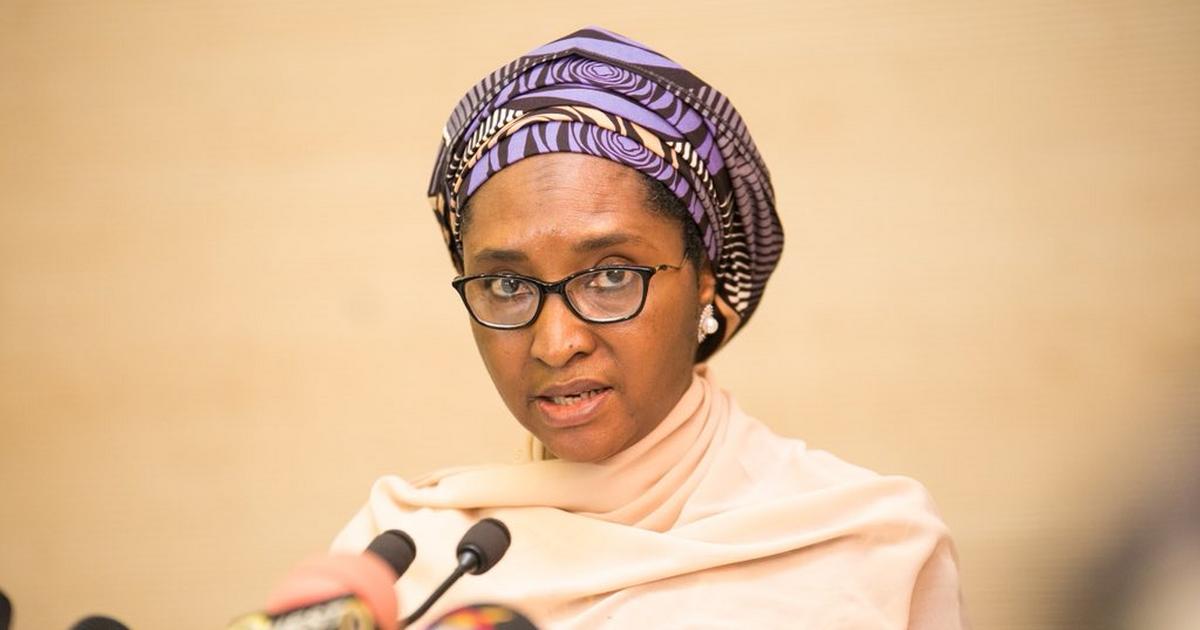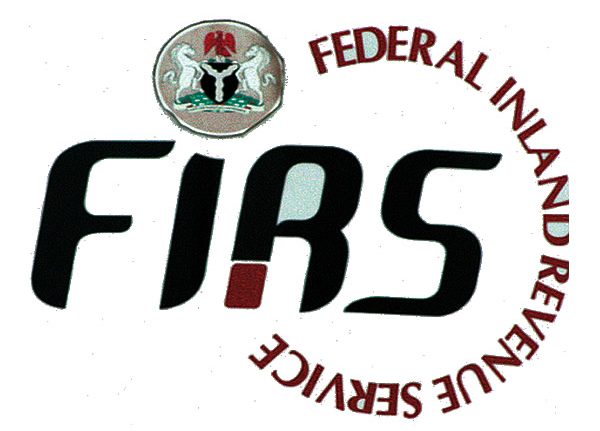FG Proposes N11.86trn Budget For 2021
The Federal Government, Friday, proposed an expenditure of N11.86 trillion for the 2021 budget, representing a 9.7 per cent increase when compared with N10.81 trillion in the revised 2020 budget.
The Minister of Finance, Budget and National Planning, Mrs. Zainab Ahmed, who presented the document at a Public Consultative Forum on the 2021-2023 MTEF/FSP, added that the Federal Government was projecting N6.98 trillion aggregate revenue from available sources, leading to a fiscal deficit of N5.16 trillion for 2021.
Mrs. Ahmed stated that the 2021-2023 MTEF/FSP would provide the framework for the development of the 2021 budget against the backdrop of a challenging global macroeconomic environment, as well as, domestic factors.
She further put Nigeria’s total debt stock at $86 billion, comprising $3.5 billion bi-lateral loans, while multi-lateral loans is less than 50 per cent of total debt stock, at about $35 billion.
She explained that the government cannot focus on internal borrowing only, as the cost of borrowing locally would be higher than the cost of borrowing externally, and would also crowd out indigenous companies and businesses from the local debt market.
Providing key assumptions for the 2021 and the rest of the years captured by the MTEF/FSP, Mrs. Ahmed said the government is proposing oil price benchmark of $40 per barrel for 2021, from $28 per barrels in the revised 2020 budget; while it also left the benchmark at $40 per barrel for 2022 and 2023.
She said the government was hinging the budget on crude oil production output of 1.86 million barrels per day (mbd) in 2021, compared with 1.80 mbd in 2020; while for 2022, it is proposing 1.86 mbd and 2.09 mbd in 2023; and exchange rate of N360 to a dollar for 2021, 2022 and 2023 respectively.
Inflation rate was projected at 11.95 per cent, 10.94 per cent and 11.02 per cent for 2021, 2022 and 2023 respectively; non-oil Gross Domestic Product (GDP) of N132.59 trillion, N134.15 trillion and N139.3 trillion for 2021, 2022 and 2023 respectively; while oil GDP is projected at N10.1 trillion, N12.6 trillion and 12.16 trillion for 2021, 2022 and 2023 respectively.
Concerning the impact of crude oil on the MTEF, she said: “Although Nigeria’s total production capacity is 2.5 mbd, current crude production is about 1.4 mbd (in compliance with OPEC’s production quota) and an additional 300,000 barrels per day of condensates, totaling about 1.7 mbd.
“World Bank forecasts that crude oil prices would rise gradually from an average of $42 per barrel in 2021 to $44.5 per barrel in 2022 and $47 per barrel in 2023.
EIA expects Brent crude oil price to average $41 per barrel during the second half of 2020 and $50 per barrel during 2021, and reaching $53 per barrel by the end of 2021.
“With oil price projected to remain low and volatile in 2020, and Nigeria’s compliance with the OPEC+ cuts by reducing base production to between 1.412mbd and 1.579 mbd from June to end of the year, growth in oil GDP is expected to decline in 2020.”
The finance minister disclosed that the government planned to keep the deficit within the three per cent ceiling over the medium term, therefore working on identifying new revenue sources and areas where cost could be reduced.




